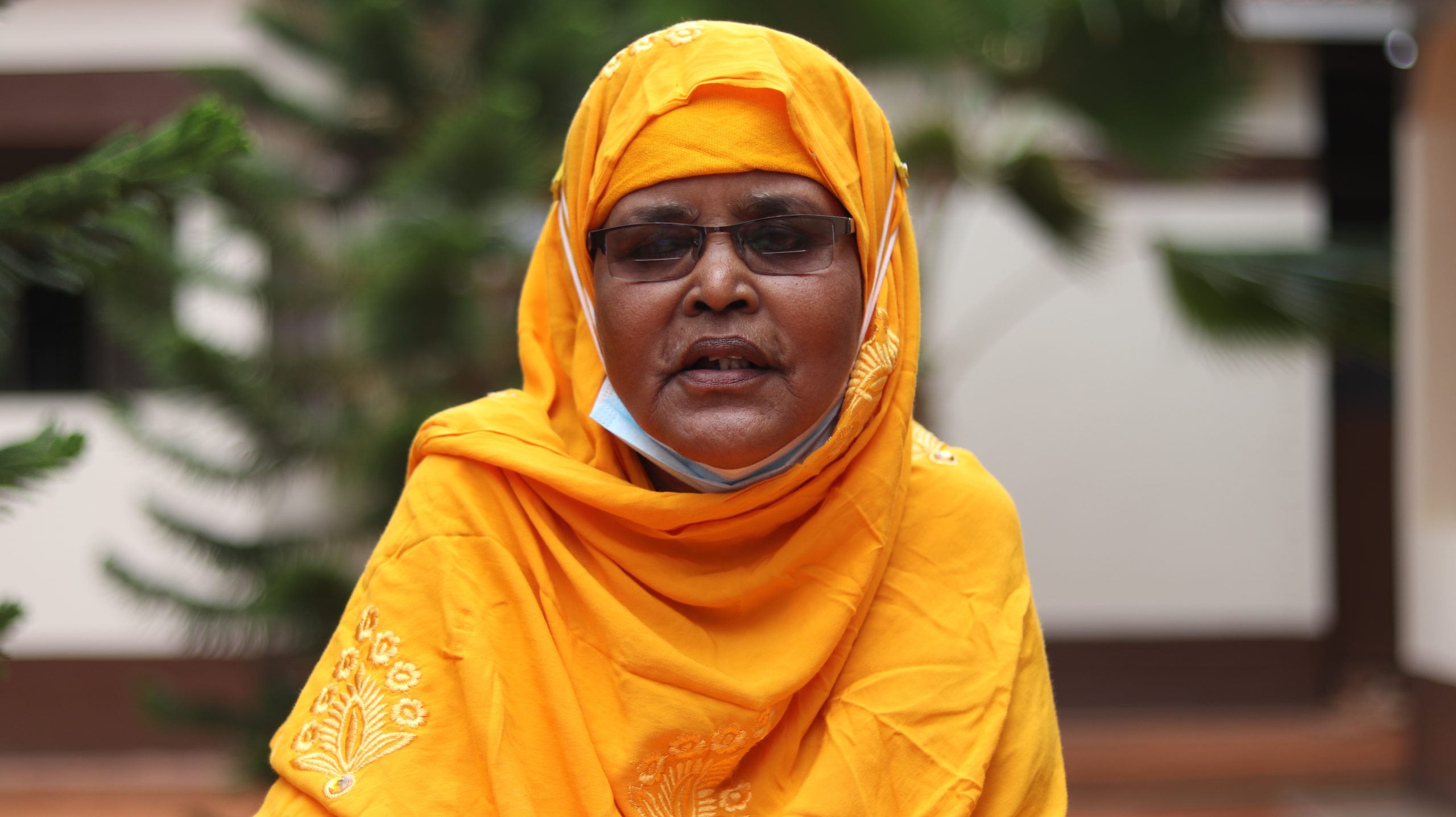In Kenya, most instances of human rights violation end up in so-called ‘kangaroo’ courts, where older community members agree on compensation for the crime. This often leaves the survivors feeling justice has not been served. Islamic Relief have been tackling this by supporting human rights defenders in Wajir County, Kenya.
A lack of information around referral mechanisms is the main reason that instances of human rights violations are not adequately addressed in Kenya.
With support from ForumCiv, Islamic Relief is running a project to build the capacity of human rights defenders. We are supporting their collaboration and providing the resources for awareness-raising activities so that human rights violation cases are adequately dealt with.
The project has involved facilitating a human rights group which lobbied for the passing of the stalled Sexual and Gender-Based Violence Bill. With Islamic Relief’s support, the legislation was passed in January 2021.
This has led to the establishment of the Wajir County Sexual and Gender-Based Violence Board who are managing funds to support victims of sexual and gender-based violence, and to develop recovery centres for survivors.
In collaboration with local government, we trained 20 Child Protection Volunteers to help improve child protection services in Wajir County. The volunteers gained skills around reporting human rights violations to help more people speak out against gender-based violence and child protection issues.
More cases are being reported
As a result of the project, more than 200 cases have been reported to the relevant authorities, which has contributed to a reduction in early marriages.
“Islamic Relief has supported our awareness creation campaigns on the rights of children,” says Feisal Abdi, Wajir East Sub-County Children’s Coordinator. “The training provided to the Child Protection Volunteers has resulted in more cases being reported. In a month, we now have around 150 cases, while previously we would register around 50.”
Islamic Relief also provided training to local civil society organisations to help build their capacity to champion human rights, and monitor and evaluate how human rights violation cases are handled in their communities.
Mohamed Abdullahi is the Chief Executive Officer for the Agency for Peace Initiative and Inclusive Development organisation (APID). He explains “There is a significant improvement in the involvement of more staff in policy reviews, action plan development and proposal development in APID. Civil society organisations are the local structures that support international agencies to implement relevant programmes in the community.”
We are strengthening community rights committees in handling and referring human rights cases, as well as providing training to women’s groups to help them to build reliable livelihoods and to become more self-reliant.
